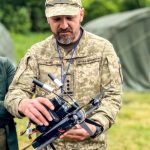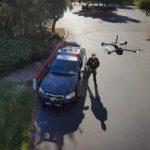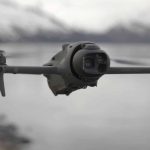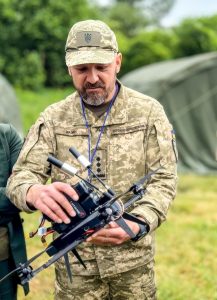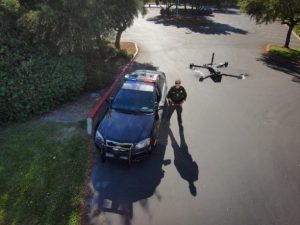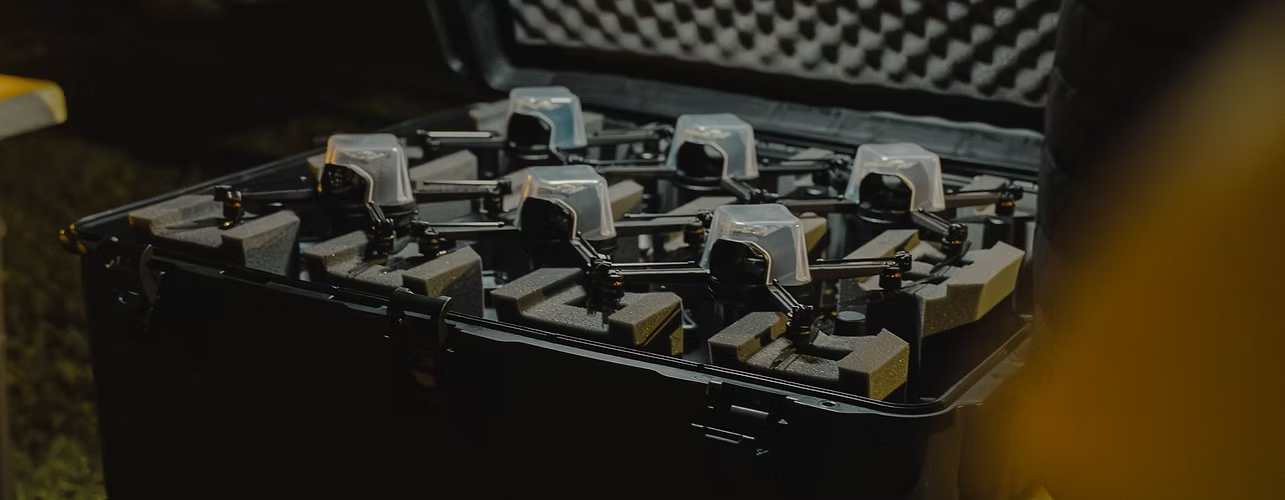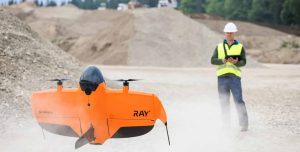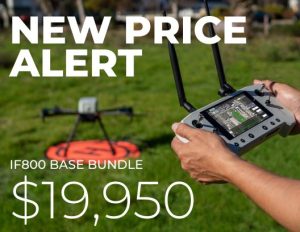Your In-Depth Guide to Drone Technician/UAV Technician Careers (2025 Edition)
If your fascination with drones rivals Tony Stark’s love for his gadgets, enjoy hands-on tech work, and don’t mind a little grease or solder, then stepping into a Drone Technician career might be your ideal trajectory. Here’s your comprehensive guide, from understanding job roles and salaries to insights and career strategies.
Who Is a Drone Technician—and Why Are They So Important?
Drone Technicians, also known as UAV Technicians, play a crucial role in drone operations. They are akin to the pit crews in Formula 1 but for flying machines. Their responsibilities include assembling, maintaining, repairing, and often modifying drones for specific missions.
Key Responsibilities
- Assemble and fabricate drone components using engineering plans.
- Conduct regular maintenance and repairs, addressing both mechanical and software issues.
- Perform pre- and post-flight checks to ensure safety and functionality.
- Manage software configurations and updates.
- Collaborate with engineers on upgrades and new developments.
- Maintain meticulous records of all interventions and flights.
“Drone technicians enable drones to perform all of these tasks by keeping drones running, conducting routine maintenance, making repairs, and replacing faulty parts.”
What Skills & Qualifications Do You Need?
A skilled UAV Technician combines engineering expertise with detective-like problem-solving abilities and a passion for technology.
Essential Skills
- Strong background in electrical engineering or related technical fields.
- Practical soldering, fabrication, and 3D printing skills.
- Experience with drones and FPVs, even at a hobby level.
- Proficiency with CAD, firmware, and configuration tools.
- Diagnostic and troubleshooting abilities.
- Awareness of safety standards and regulatory compliance.
- Effective communication and documentation skills.
- Problem-solving and logical thinking skills.
Qualifications
- Associate degree or certification in electronics or a similar field.
- FPV/Drone experience is advantageous.
- Soldering and fabrication competencies are highly valued.
Real-World Example: A Day in the Life
Envision yourself working for a drone service company overseeing power line inspections. Your week might include rebuilding a gimbal, updating firmware, diagnosing a connection issue, training new employees, and documenting all tasks meticulously. Occasionally, you might join test flights, stepping out into a field office setting.
How Much Can You Earn as a Drone Technician?
Salary Benchmarks (USA, 2025):
| Level | Hourly Pay | Annual Salary |
|---|---|---|
| Entry-Level | $18–$20 | $40,000–$41,600 |
| Average | $24–$27 | $50,720–$56,320 |
| Top Earners | $33–$41 | $66,500–$69,000 |
- National average salary: $52,701/year (or about $25/hour).
- Top 25% earn $60,000/year and higher.
- Entry-level starts around $40,000/year.
- Special roles may offer higher compensation, particularly in emergency services or specialized industrial sectors.
International Example: UK
A typical temporary drone technician contract in the UK (2025) averages £15/hour with prospects for long-term positions.
Drone Technicians vs. Drone Pilots
While drone technicians earn respectable wages, experienced commercial drone pilots in specialized fields often earn significantly more, especially when combining technical certifications with flight skills.
Job Outlook—Growth, Demand, and Why Now Is the Time
- Drone adoption is expanding dramatically across industries such as construction, agriculture, filmmaking, and emergency response.
- In the US alone, there are over 1.7 million registered drones, with the number continuing to grow.
- Demand for qualified technicians is rising rapidly as drones become more advanced, necessitating maintenance and troubleshooting expertise.
- The role of the technician is pivotal as advancements in AI, automation, and diversified payloads (like thermal cameras and LiDAR) become more prevalent.
Emerging Trends Boosting Technician Demand
- Drone delivery services by companies like Amazon and UPS require robust technician support.
- Precision agriculture demands specialized maintenance for crop-spraying and data collection drones.
- Cinematic productions require technicians for high-end camera setups and custom gimbals.
- Surveying and mapping operations utilize LiDAR technology requiring expert handling.
- In emergency and defense operations, downtime is not an option, necessitating constant technician oversight.
Career Pathways and Growth
Entry-Level: Begin with repair and assembly tasks, often entering from FPV hobbies or technical courses.
Mid-Level: Specialize further, perhaps in industrial drone applications, payload integration, or fleet management.
Advanced/Senior: Train new technicians, manage comprehensive maintenance programs, delve into research and development, or transition into pilot roles.
“Technicians who work for emergency services companies may need to work outside of normal business hours—in the evening and on weekends—to monitor drone health for emergency operations.”
Expert Tip: Marry technical know-how with regulatory savvy and flight proficiency. A versatile technician is always in demand.
Typical Work Environment & Schedule
- Most drone technician roles are full-time with standard business hours, though emergency duties may extend to nights or weekends.
- Work environments range from labs and hangars to field depots and active job sites.
- Remote diagnostics and software updates are becoming more feasible, although hands-on work remains typical.
Common Mistakes & How to Avoid Them
- Neglecting documentation: Thorough logs are vital for team safety and compliance.
- Ignoring software updates: Many drone malfunctions are software-related.
- Skipping pre-flight checks: Basic oversights like loose parts can cause costly incidents.
- Lack of regulatory knowledge: Non-compliance can result in substantial penalties.
- Stagnating skills: Keeping up with technology is essential; continuous learning is key.
Real-Life Story: From FPV Hobbyist to Professional UAV Technician
Meet Alex, a former FPV drone racing enthusiast. Through repairing racers and mastering quick fixes, he caught the eye of a startup. He now leads a team, managing drone fleets and developing custom payloads. His advice: “Always say yes to solving hard problems. The more you fix, the more indispensable you’ll become.”
How to Start Your Journey: Roadmap for Aspiring Technicians
- Get Real-World Experience: Build and fly drones; hobby endeavors count.
- Study Up: Pursue certifications in electronics/engineering through courses or schools.
- Practice Fabrication Skills: Skills like 3D printing and soldering are valuable.
- Stay Curious: Keep abreast of drone tech advancements through industry resources.
- Understand Aviation Regulations: Familiarize yourself with FAA, CAA, EASA rules, and more.
- Network: Engage with companies, online groups, and attend expos to connect.
- Aim for Certifications: Obtain drone pilot licenses, electronics technician certificates, and manufacturer-specific expertise.
- Apply Broadly: With demand high, apply across startups and established firms alike.
The Human Side: Why Teams Matter
Successful drone tech groups thrive on integrating traditional engineering savvy with modern tech knowledge and humor. Companies often focus on mentoring techs, fostering growth, and celebrating achievements.
“The successful candidate will work collaboratively with engineers and other technicians to develop cutting-edge drone technology.”
Tech & Pop Culture: Drones in the Wild
Drones have transitioned from sci-fi concepts to everyday reality, featured prominently from Star Wars to viral video clips. The real heroes, however, are the technicians who prevent these remarkable machines from turning into expensive mishaps.
Summary: Why a Career as a UAV Technician Is a Smart Move
Drone/UAV technicians operate in one of the most dynamic tech sectors. Whether transforming agriculture, ensuring safety on film sets, mapping terrains, or enabling daily drone operations, technicians are vital. With competitive pay, continuous learning potential, and the opportunity to work on the future of technology today, this isn’t merely a job—it’s a springboard into the world of innovation.
Ready to take flight? The world of drone technology is seeking your skills. Let’s build, repair, and innovate—together.
